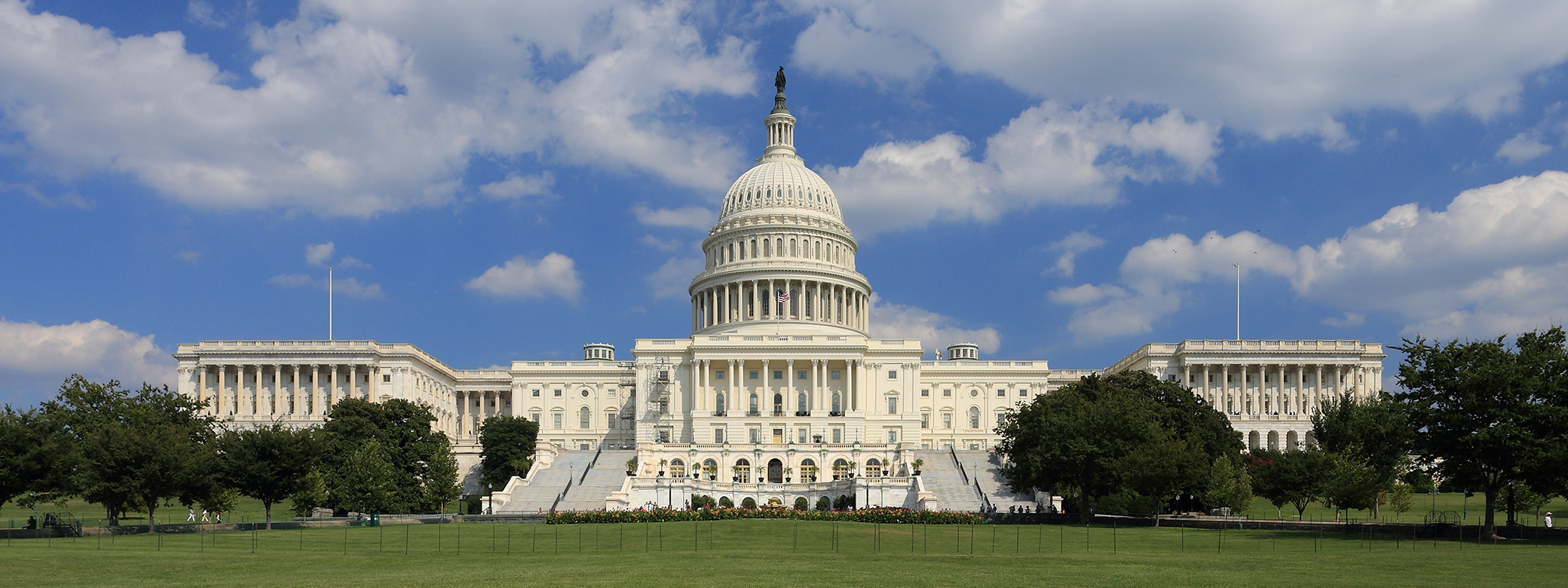With a presidential election looming, a nation bitterly divided on pressing issues, and a fractured media environment, it can be difficult to engage with US politics beyond the latest viral video or news story. To provide broader context for this pivotal moment, Perspectives newsletter asked UW College of Arts & Sciences faculty to suggest books about the US political landscape from a variety of perspectives.
Democracy at Risk
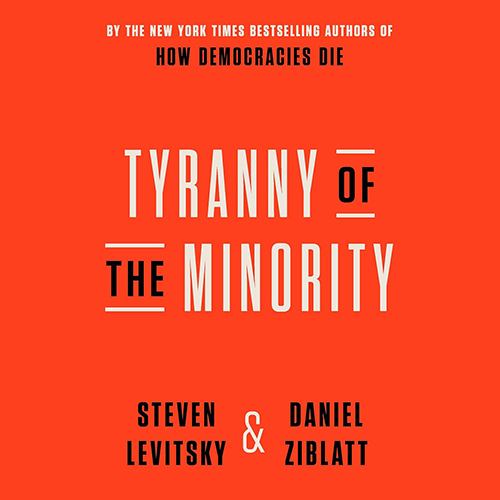
Tyranny of the Minority: Why American Democracy Reached the Breaking Point
by Steven Levitsky and Daniel Ziblatt
This follow up to the widely noted “How Democracies Die” uses a wide range of historical examples from around the world to develop a framework for understanding the current crisis of democracy in the US. The book is particularly useful for drawing attention to the anti-majoritarian features of the antiquated United States Constitution that empower antidemocratic movements and make it more difficult to build toward a more stable future.
George Lovell
Professor, Political Science
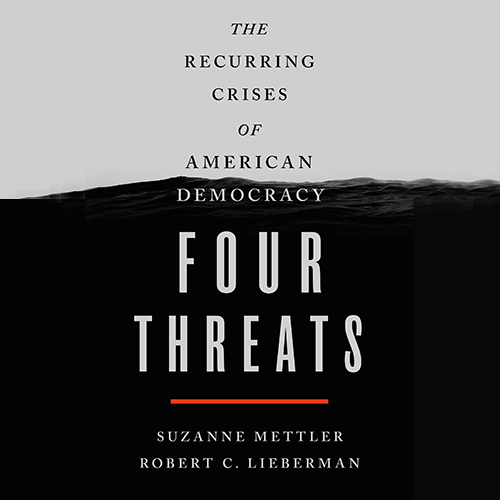
Four Threats: The Recurring Crises of American Democracy
by Suzanne Mettler and Robert Lieberman
“Four Threats” takes an expansive view of American political development to identify four enduring issues that have threatened democratic disruption throughout US history: polarization, racism, inequality, and excessive presidential power. While these threats have existed individually or in partial combination since the country's founding, Mettler and Liberman sound the alarm to argue that all four are uniquely present today.
James Long
Professor, Political Science

Did It Happen Here?: Perspectives on Fascism and America
Edited by Daniel Steinmetz-Jenkin
This book provides a number of different perspectives about how to understand the relationship between Donald Trump and his political movement and historical fascism. And the fact that I contributed a chapter doesn't hurt!
Daniel Bessner
Associate Professor, International Studies
Anne H.H. and Kenneth B. Pyle Associate Professor in American Foreign Policy
Race & Nationalism

The Undocumented Americans
by Karla Cornejo Villavicencio
This book, a National Book Award finalist, richly portrays undocumented migrants, providing a complex understanding past stereotypes and archetypes of persons like day laborers, domestic workers, and those who aren’t all “DREAMers.” Villavicencio describes hardships, mistreatment, and traumas, and as poignantly, the ordinariness and joys of their lives too. She rightfully sees beyond their immigration status and writes compellingly about them in their full humanity as parents, children, partners, workers, friends, and neighbors.
Carolyn Pinedo-Turnovsky
Associate Professor, American Ethnic Studies
Adjunct Associate Professor, Sociology
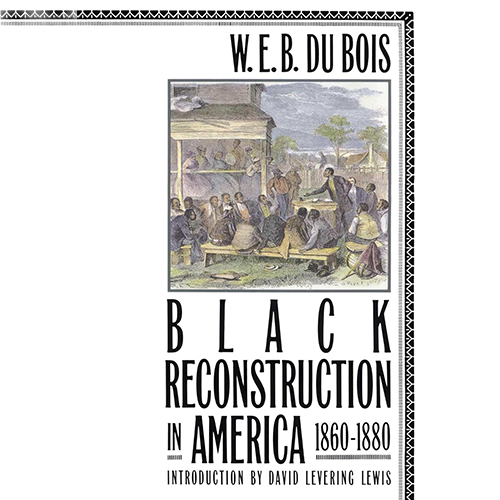
Black Reconstruction in America
by W. E. Du Bois
Anyone who is worried about the state of democracy in the United States would do well to read this classic from W.E.B. Du Bois, “Black Reconstruction in America: An Essay Toward a History of the Part Which Black Folk Played in the Attempt to Reconstruct Democracy in America, 1860–1880.” Du Bois’s insights about how racism has warped our imperfect democracy — and how Black Americans have long fought to build a nation that lives up to its ideals — are as essential now as they ever were.
Sarah Quinn
Associate Professor, Sociology
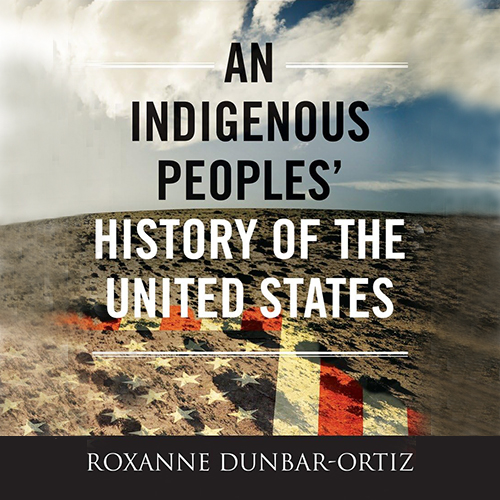
An Indigenous Peoples' History of the United States
by Roxanne Dunbar-Ortiz
This work offers a sweeping overview of American history from the perspective of Indigenous peoples, revealing how settler colonialism and dispossession have shaped the nation’s political, social, and economic landscapes. This context is essential today as debates over land rights, economic inequality, and historical injustices remain central to US politics, particularly regarding Indigenous and racial justice movements. The book also provides a crucial lens for interpreting the resurgence of nationalist rhetoric, state violence, and ongoing struggles for justice and equality.
Theresa Rocha Beardall
Assistant Professor, Sociology; Adjunct Faculty, Law, Societies & Justice
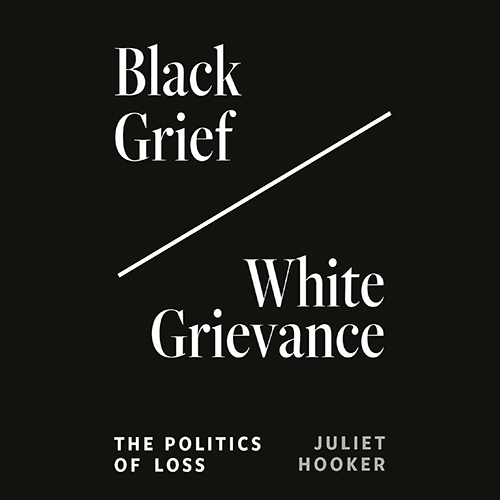
Black Grief/White Grievance: The Politics of Loss
by Juliet Hooker
Juliet Hooker provides brilliant insights on how Black grief and white grievance animate contemporary American politics. Drawing upon both historical and contemporary examples, Hooker persuasively shows how these two elements impact political mobilization, influence public opinion, and influence voting behavior.
Sophia Jordán Wallace
Professor, Political Science
Stuart A. and Lee D. Scheingold Endowed Faculty Fellow in Social Justice
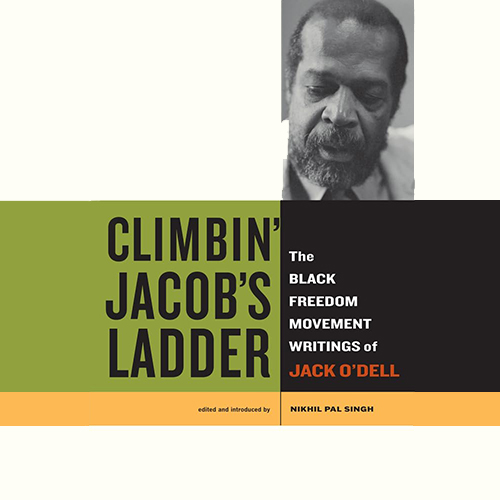
Climbin’ Jacob’s Ladder: The Black Freedom Movement Writings of Jack O’Dell
edited by Nikhil Pal Singh
Because Jack O'Dell was targeted by John F. Kennedy’s anticommunist witch hunt, he is not as well known as other figures in the Black freedom movement. But almost everyone in the movement knew of O’Dell, especially through his incisive essays in Freedomways. Many of those writings are collected here. They are a testament to the hopeful pragmatism and resolute radicalism of the Black freedom movement and its enduring critique of American democracy.
Moon-Ho Jung
Professor, History
Harry Bridges Endowed Chair in Labor Studies
US & the World

Against the World: Anti-Globalism and Mass Politics Between the World Wars
by Tara Zahra
The aftermath of World War One was full of uncertainties. Spanish Flu and the Great Depression contributed to the general sense of fear and anxiety. Tara Zahra explains how the forced isolation, fear of entanglement in European wars, nationalism, and anti-immigrant bigotry prevailed over internationalism in those years and led the United States and the world into a prolonged period of crisis and another world war. The book highlights the parallels between those years and now and draws lessons and warnings for concerned citizens and politicians.
Reşat Kasaba
Professor, International Studies

Freedom is a Constant Struggle: Ferguson, Palestine, and the Foundations of a Movement
by Angela Davis
In the current American political context, Davis’s work sheds light on the ways racial injustice persists through police violence, mass incarceration, and economic inequality. Drawing connections between the struggles of Black Americans and other marginalized communities, such as Palestinians, Davis emphasizes the importance of solidarity across borders, offers a framework for understanding the broader implications of racial justice movements, and provides critical insight into how we can respond to domestic racial inequalities as well as international conflicts.
Travis Wright
Assistant Professor, History
More Stories

AI in the Classroom? For Faculty, It's Complicated
Three College of Arts & Sciences professors discuss the impact of AI on their teaching and on student learning. The consensus? It’s complicated.

A Sports Obsession Inspires a Career
Thuc Nhi Nguyen got her start the UW Daily. Now she's a sports reporter for Los Angeles Times, writing about the Lakers and the Olympics.

A Healing Heart Returns
In February, the UW Symphony will perform a symphony that Coast Salish elder Vi Hilbert commissioned years ago to heal the world after the heartbreak of 9/11. The symphony was first performed by the Seattle Symphony in 2006.
